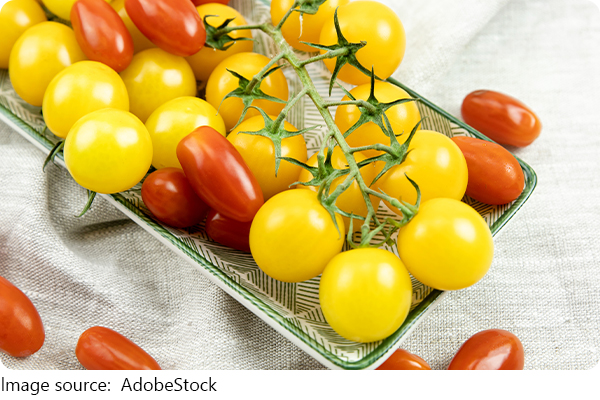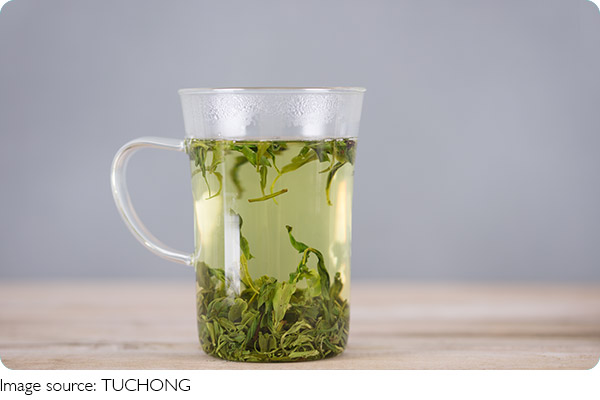Anti-Aging Nutrition

Have you ever looked in the mirror and wondered, "how can I stay looking and feeling young longer?". Aging is natural, but how fast we age can actually be influenced by our daily choices—especially the food we eat.
One of the main reasons our body ages faster is something called oxidative stress. It happens when harmful molecules called free radicals build up in our body and damage our cells. That’s where antioxidants come in—they help neutralize these troublemakers and protect our body from wear and tear.
What Are Antioxidants?
Antioxidants are natural compounds found in many plant-based foods. They act like our body's clean-up crew, reducing damage, improving cell health, and slowing signs of aging inside and out.
Common antioxidants include:
• Vitamin C
• Vitamin E
• Beta-carotene
• Selenium
• Polyphenols (plant-based compounds found in tea, berries, and dark chocolate)
When we get these through food, they work better than taking them in pills because the body absorbs them more naturally from real meals.

Best Antioxidant-Rich Foods
So, where can we find these powerful helpers? Here are some top antioxidant foods to add to our meals:
• Berries: Blueberries, strawberries, blackberries—they're small but mighty
• Dark leafy greens: Spinach, kale, and watercress are full of protective nutrients
• Nuts and seeds: Almonds, sunflower seeds, and walnuts offer Vitamin E and healthy oils
• Colorful vegetables: Carrots, tomatoes, bell peppers, and sweet potatoes are high in beta-carotene
• Whole grains: Brown rice, oats, and quinoa support the body with fiber and minerals
• Green tea: Known for its calming effects and antioxidant boost
• Dark chocolate (70% or more): Just a square or two can offer polyphenols
The key is variety. Different colors and types of food bring different types of antioxidants.
How to Eat for Anti-Aging?
Eating antioxidants doesn't mean we need a complicated diet. Here are a few easy tips to follow:
• Add color to every plate: Red tomatoes, green spinach, orange carrots, and purple cabbage—it all counts
• Don't overcook: Light steaming or quick stir-frying helps keep nutrients intact
• Use olive oil instead of deep-frying—healthy oils help absorb fat-soluble antioxidants
• Pair fruits with nuts for a balanced snack (like apple slices and almonds)
• Drink green tea daily for a gentle, steady boost
What About Juices and Smoothies?
Fresh fruit and vegetable juices can be helpful, especially when made at home without added sugar. But chewing whole foods is better for fiber, which slows sugar absorption and helps digestion.
Smoothies made with leafy greens, berries, and seeds are a great option—just make sure not to overload them with sweeteners.

Other Habits That Support Healthy Aging
While antioxidants are important, they work best when combined with other healthy habits:
• Sleep enough: 7–8 hours helps the body repair and refresh
• Stay active: Regular movement improves circulation and energy
• Stay hydrated: Water helps flush toxins and keeps skin smooth
• Manage stress: Chronic stress can speed up aging, so we can try breathing exercises, stretching, or short walks
A well-rounded lifestyle multiplies the benefits of a good diet.
Small Steps, Big Results
We don't need a full diet makeover overnight. Just adding a handful of berries, replacing chips with nuts, or drinking more green tea can already start the process. The goal isn't to be perfect—it's to be consistent.
What Will You Try First?
Have you added any antioxidant-rich foods to your meals this week? Maybe some berries in your breakfast or a veggie-packed dinner?
Let's support our bodies from the inside out—because aging is something we all experience, but how we experience it can be shaped by the choices we make every day. Let's age gracefully, with energy, and together.


